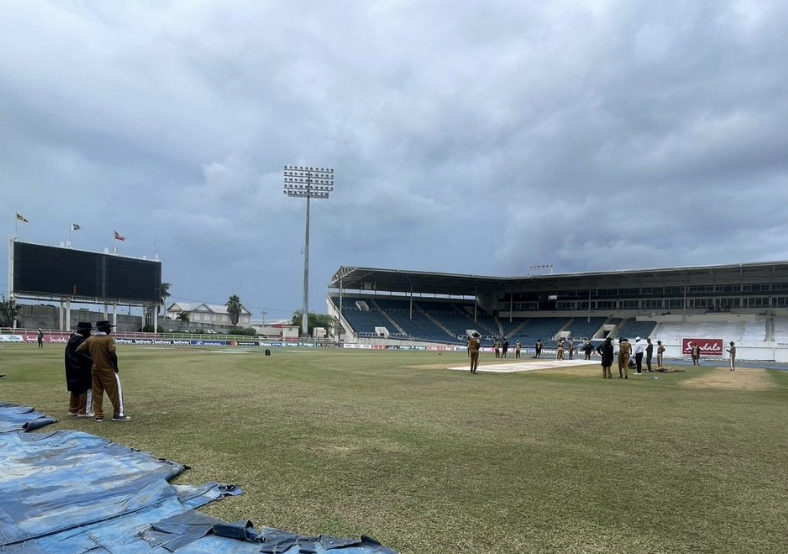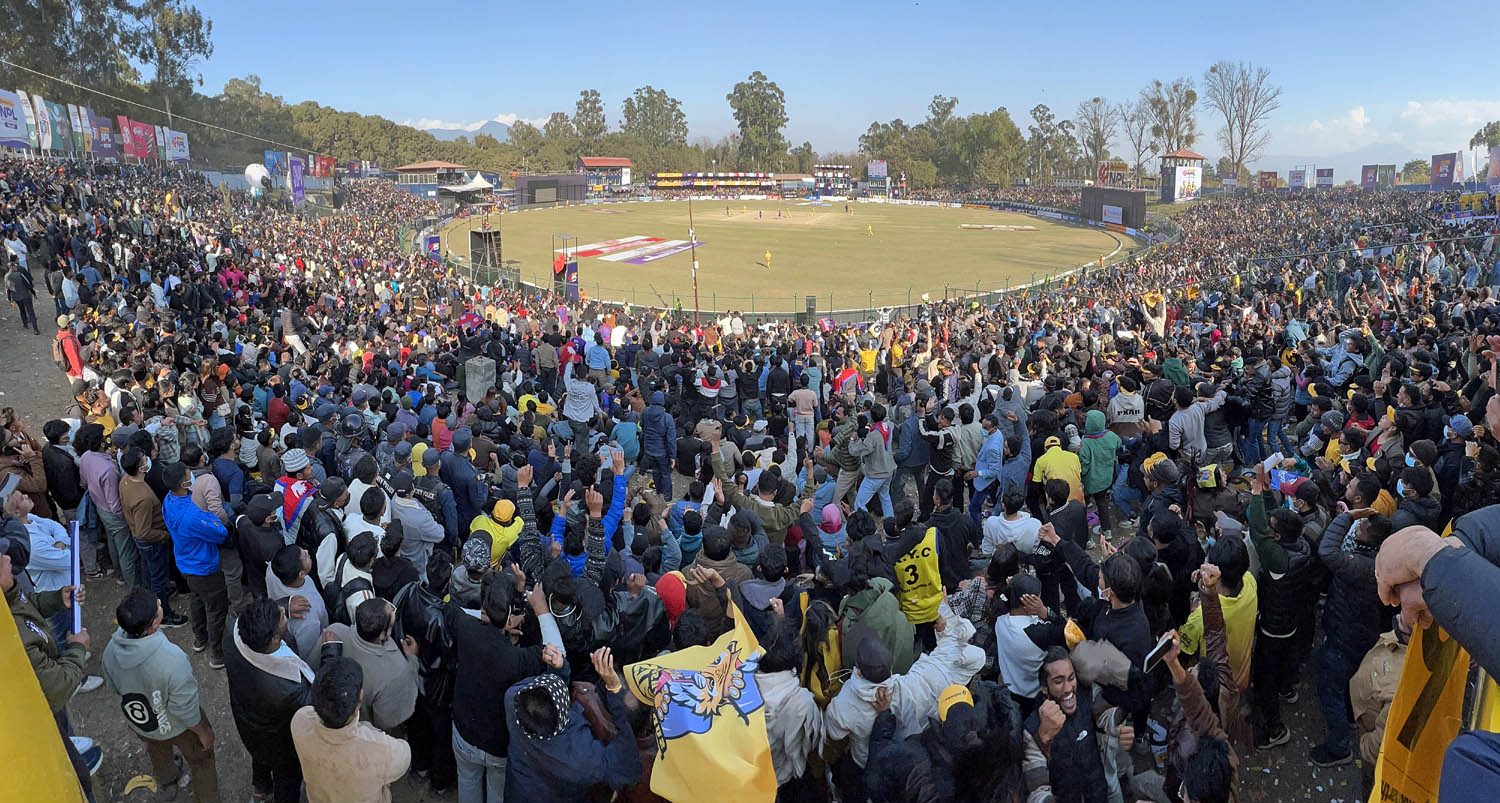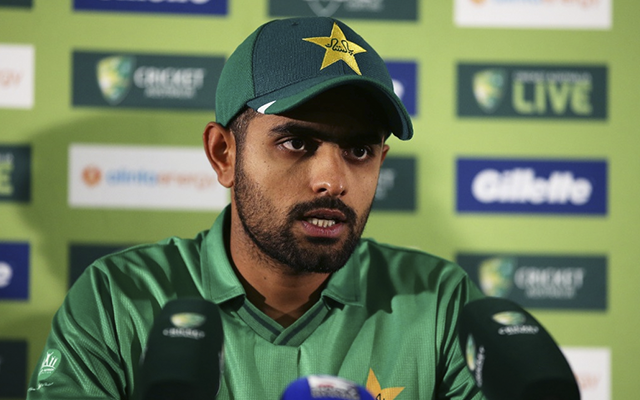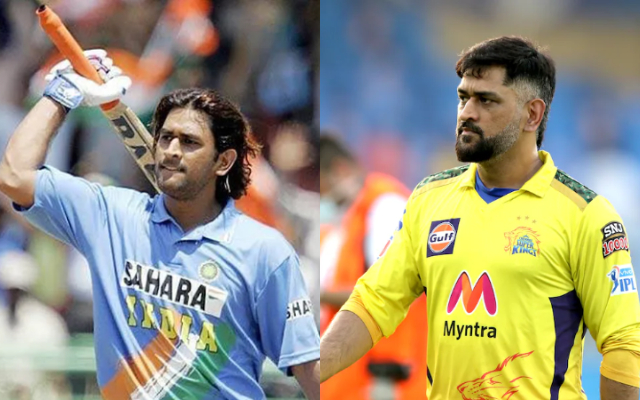CRICKET
Pakistan Windies Test: Rain washes away play on day 2

Rain washed away the play on Day 2 of the second Test between Pakistan and West Indies at Sabina Park, Kingston.
On Day 1, Pakistan recovered after a horrible start where they lost three wickets for two runs.
Thanks to sublime half centuries from Fawad Alam and Pakistan captain Babar Azam, Pakistan recovered from 2/3 to 212/4 at the end of Day 1.
Eventually, Azam was caught at slip for a gritty 75. Kemar Roach claimed his scalp.
As for Alam, the tough Caribbean conditions accompanied by scorching sun seemed to have gotten him on 76.
The left-handed Test specialist had to give in to body cramps.
Mohammad Rizwan (22*) and Faheem Ashraf (23*) are now at the crease. The lefty-righty duo built on the foundations provided by Azam and Alam.
As good as Alam and Azam looked in their efforts to stabilise Pakistan’s sinking ship in the first innings, a few talking points have emerged again after the top order failed to impress.
Opening woes continue
Imran butt and Abid Ali were seen working on their batting during the entire off-season.
They worked on their stance and ball timing with Pakistan’s batting legend, Mohammad Yousuf at Lahore’s National High Performance Centre.
But they still seem to have not overcome their flaws.
Butt scored 11 runs altogether in the first Test and a single run in the first innings of the second Test. As good as he is in the slip cordon, his batting form seems to be nose-diving faster than ever.
At this point, it seems like the only reason he is kept in the team is for his catching ability at slip that earns some vital breakthroughs.
Abid Ali’s case is slightly different. After scoring a ton on his Test debut, the right-handed star has not made a similar impact.
Ali has either failed to start the innings on a high or not capitalized on a good start to convert it into a fifty.
There’s a similar pattern in the dismissals of Ali and Butt.
Both have a hard time dealing with balls coming just outside the off-stump.
Azhar Ali has been inconsistent as well. He has gone from being one of the most dependable Pakistani batsmen to someone whose place is in danger in the playing XI.
Fawad Alam carries on
Alam has been the definition of resilience for the brittle middle-order of Pakistan.
Regardless of the venue, the left-handed star has been able to make an impact in every Test he has played.
After failing on his comeback Test in England, the Chanderpaul-esque star has made use of every opportunity he has been given in red-ball cricket.
He is rarely bothered by pressure and can comfortably withstand the best bowling line-ups in the world.
Against West Indies in the second Test, the 35-year-old added over 150 runs for the fourth wicket partnership alongside Babar Azam to make a remarkable recovery.
Windies looked as if they would topple the middle order soon as well the way they started sending Pakistani batters back to the pavilion, but Alam’s grit and Azam’s determination brought the Men in Green back into the game.
With consistent performances in every series, Alam has made a solid case for a permanent place in the batting order.
Pakistan 212 for 4 (Azam 75, Alam 76*, Roach 3-49) v West Indies
BIG NEWS
Nepal Premier League Becomes a Watershed Moment for Nepali Cricket

The NPL has become a watershed moment for Nepali cricket, elevating the sport to new heights. With its success, the league has brought national and international attention to Nepali cricket, attracting a broader fan base and better sponsorships.
This landmark event showcases the immense talent present in Nepal and provides a platform for local players to shine. The league has paved the way for a new generation of cricketers to gain recognition and advance their careers in the sport.
The NPL has also given Nepali cricket more global exposure. International players joining the league help raise the level of competition, further inspiring the local players. The league’s popularity continues to grow as it evolves and promises to be a cornerstone of Nepali cricket in the years to come.
As the league progresses, it is expected to inspire future stars and increase the overall development of cricket in Nepal. Fans eagerly follow every match, enjoying the thrilling action and supporting their favorite players and teams.
In conclusion, the Nepal Premier League has transformed Nepali cricket, setting the stage for future growth. This momentous development will surely lead to even greater success for Nepali cricket on the international stage.
The NPL has also sparked interest in domestic leagues across emerging cricket nations. It serves as a model for other countries to develop their cricketing infrastructure and provide young talent. As the NPL continues to grow, it is expected to play a vital role in shaping the future of Nepali cricket.
Fans have embraced the tournament, creating a sense of national pride. The NPL’s rise reflects the growing global interest in domestic cricket leagues and their role in nurturing future talent. It’s a significant milestone for Nepali cricket, ensuring that the sport will continue to evolve in the coming years.
BGT
Simon Katich Criticizes George Bailey’s Call to Axe Nathan McSweeney from Australian Team

Simon Katich has sharply criticized George Bailey’s decision to drop Nathan McSweeney from the Australian team. Simon Katich believes this call was a poor decision, especially after McSweeney’s consistent performance. Bailey’s choice has sparked discussions about the selection process and the reasoning behind it.
McSweeney’s exclusion has raised eyebrows, with many questioning why a player with such promise was dropped. Katich, in particular, feels that Bailey’s decision to axe McSweeney is questionable, especially when compared to the struggles of other top-order batters. Both teams in the recent series have faced challenges with their top-order batting, but the Australian selectors decided to make this change.
Katich’s comments reflect growing concerns about the selection strategy and the impact of dropping McSweeney. He pointed out that many players have struggled with their form, yet McSweeney was chosen to be left out. This, Katich argues, highlights the inconsistency in the decision-making process.
Top-order batters in both teams have faced difficulties, with neither side managing to produce consistent runs. Despite these struggles, the decision to remove McSweeney has left fans and experts questioning the rationale behind the move. Some believe that dropping McSweeney might have been premature, given the form of other players.
Katich’s criticism brings attention to the broader issue of player selections in international cricket. As teams prepare for future series, these decisions are likely to influence the direction of Australian cricket. The focus now shifts to how Bailey and the selectors will handle similar challenges in upcoming matches.
The debate continues, with many calling for more transparent and consistent decision-making regarding player selections in international cricket.
BGT
Steve Smith and Travis Head Address BCCI’s Influence in Cricket

Steve Smith recently commented on BCCI’s influence in cricket, sparking debates about its significant role in global governance. During a media interaction, Smith remarked that the International Cricket Council (ICC) appears less powerful than the Board of Control for Cricket in India (BCCI). This statement drew attention, prompting Smith to clarify his intentions quickly.
Smith acknowledged that the BCCI holds a dominant position in cricket due to its financial and organizational contributions. He pointed out how the Indian board influences key decisions that shape the sport. However, Smith softened his tone, emphasizing that his comments were not meant as criticism of either the ICC or the BCCI.
Travis Head, Smith’s Australian teammate, also addressed BCCI’s influence in cricket. Head humorously referred to the Indian board as “rulers,” recognizing its ability to set global standards in cricket. He highlighted the board’s pivotal role in defining policies and establishing benchmarks for the sport.
These remarks have reignited discussions about power dynamics in international cricket. Critics argue that the BCCI’s financial clout often overshadows smaller cricketing nations. They believe this imbalance can hinder fair representation in decision-making. On the other hand, supporters emphasize the BCCI’s critical role in expanding cricket’s global reach and popularity.
As India hosts the ICC Cricket World Cup, the spotlight remains on the BCCI’s influence in cricket. The board’s central role in shaping schedules, policies, and trends continues to drive conversations about equity in the sport. Smith and Head’s remarks reflect ongoing concerns about maintaining fairness and inclusivity in global cricket governance.
Their comments underscore the need for balanced representation to ensure a fair future for cricket.
-

 FILMY1 year ago
FILMY1 year agoWATCH: Tripti Dimri shocks audiences with daring nude sequence in Ranbir Kapoor starrer ‘Animal’
-

 BIG NEWS2 years ago
BIG NEWS2 years agoRiva Arora, aged 12, romances with Karan Kundrra in viral video
-

 BIG NEWS2 years ago
BIG NEWS2 years agoMeet the sexiest female golfer ever!
-

 LATEST2 years ago
LATEST2 years agoThe sexiest tennis star on the planet. Do you agree?
-

 CRICKET1 year ago
CRICKET1 year ago‘Bloody dump captain’ – Former Pakistan cricketer lashes out at Babar Azam and staff for mismanagement of fast bowlers in Asia Cup 2023
-

 FILMY1 year ago
FILMY1 year agoWATCH: After Tripti Dimri, Rashmika Mandanna’s intimate scene with Ranbir Kapoor in ‘Animal’ goes viral on internet
-

 CRICKET1 year ago
CRICKET1 year agoTop 10 hairstyle of MS Dhoni from 2007 to 2023
-

 FILMY1 year ago
FILMY1 year agoDid you know Simi Garewal dated India’s iconic industrialist Ratan Tata? Know more about this










